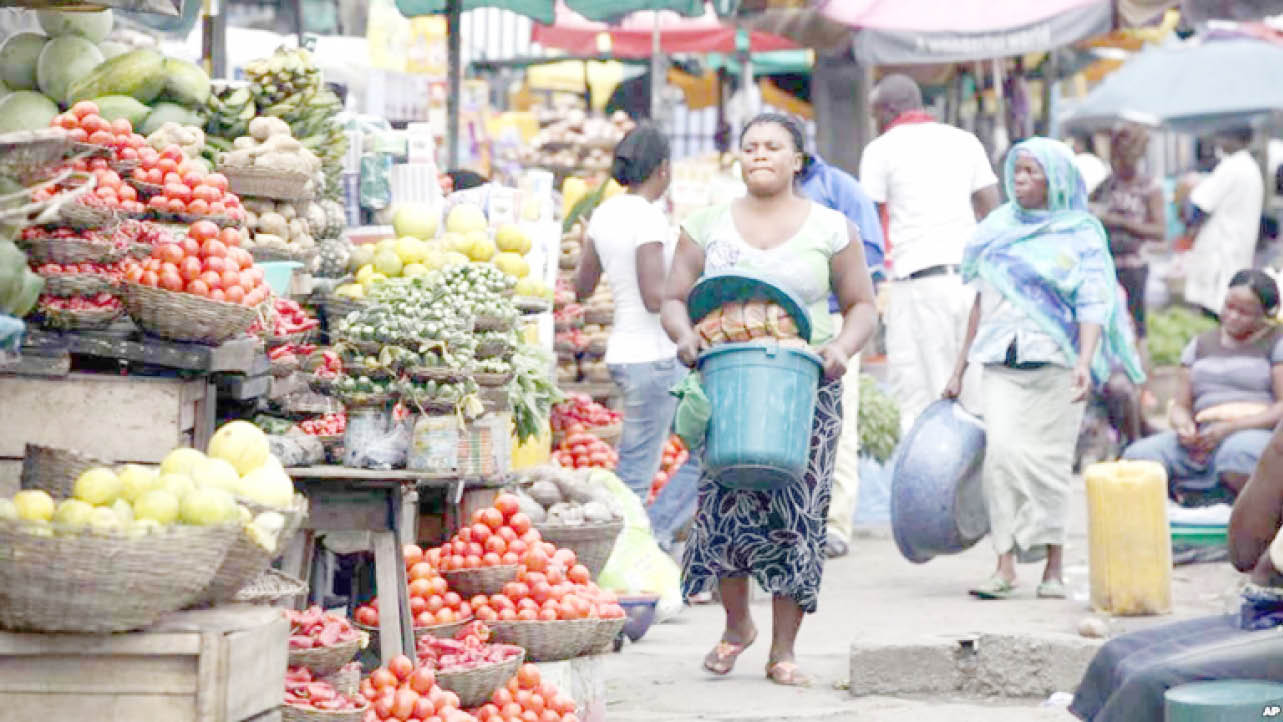Ramadan: Traders lament low sales in Kano
As the Muslim holy month of Ramadan starts, traders in Kano have continued to lament poor patronage by customers. Some of the traders who spoke to the News Agency of Nigeria (NAN) on Sunday in Kano, attributed the situation to the low purchasing power of customers. A foodstuff dealer, Malam Tanko Idris, said that when […]

FILE PHOTO: Traders in a market
As the Muslim holy month of Ramadan starts, traders in Kano have continued to lament poor patronage by customers.
Some of the traders who spoke to the News Agency of Nigeria (NAN) on Sunday in Kano, attributed the situation to the low purchasing power of customers.
A foodstuff dealer, Malam Tanko Idris, said that when compared to previous years, sales have fallen short this year.
Idris noted that though prices of some commodities, especially consumables normally soar during the Ramadan period, people still purchased goods.
- Rotary president to visit Nigeria, offers fresh $7m grant
- Ramadan: Speak truth to power, Buni tells religious leaders
A perishable items dealer, Saminu Dauda, also complained that business was not thriving as much as it used to be.
He explained that the economic downturn in the country contributed to the ugly situation.
A vegetable seller, Sani Ali, lamented that the situation was strange compared to what he had seen in the market whenever Ramadan was approaching.
Ali said that many customers complained of paucity of funds due to the economic situation.
He also lamented that the economic realities have affected the purchasing power of many customers.
A buyer, Nura Baba, particularly complained of the high prices of rice, millet, flour and sugar, which, he said, have been disturbing him as the fasting period approaches.
“For example, with sugar selling at more than N5,5000 per measure, rice costing more than N3,500 per measure, millet being sold at N1,800 per slot, and crate of egg going for N3,300, how do they want us to feed during the Ramadan period?” he questioned.
He appealed to dealers and retailers of food items in the state to “drastically reduce their prices in the spirit of the Holy month.
Some clerics and emirs had earlier pleaded with food dealers not to hike the prices of their commodities during the holy month. (NAN)
